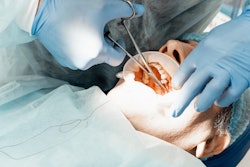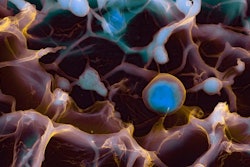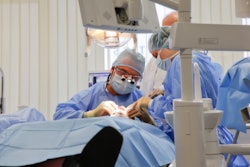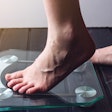
Chronic lack of sleep has been linked to osteoporosis, bone loss, and fractures, which is why researchers will study what mechanisms impair bone remodeling, which is critical for the success of treatments, including dental implants.
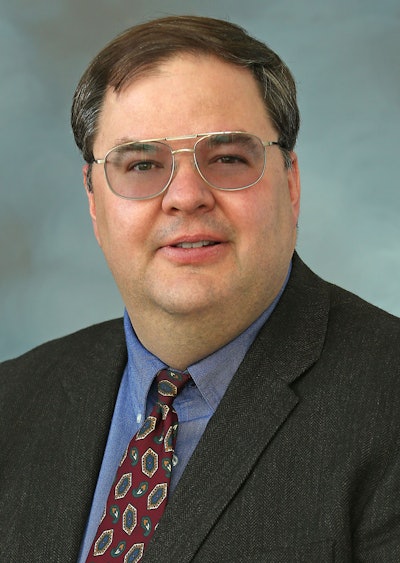 Dr. Jeffery Toth. Image courtesy of Marquette University.
Dr. Jeffery Toth. Image courtesy of Marquette University.
Dr. Jeffery Toth, a biomaterials professor at Marquette University's dental school and coinvestigator of the research, will study the mechanisms by which chronic sleep deficiency impairs bone remodeling and how it may alter the pathway of normal bone health toward osteoporosis and fragility as people age, according to a story published on June 24 in Marquette Today.
"Understanding mechanisms that impair bone healing has significance in dentistry, orthopaedics, spine surgery and many other areas of medicine, especially in relation to healing after dental and orthopaedic procedures with implanted biomaterials," Toth said in the story.
About one-third of U.S. adults experience chronic sleep restriction, which is linked to adverse health conditions and, increasingly, negative bone health.
To conduct this study, Marquette received $304,000 of a $2.3 million award from the U.S. National Institutes of Health's National Institute on Aging. The funds were awarded after Toth and Dr. Carol Everson, a professor of medicine at the Medical College of Wisconsin, completed a pilot study in 2023 that obtained preliminary biomechanical and histologic data on how chronic sleep restriction affects age-related bone disease in rats.
In the animal study, the sleep-restricted rats had almost no active sites of intramembranous ossification, which was expected to be seen in a growing rat bone. Also, hematopoietic marrow, which makes red and white blood cells and platelets, was almost only found in intertrabecular spaces with little to no fatty marrow in those animals that didn't get enough sleep, according to the story.
In the new research project, Toth and Everson aspire to define the biology of chronic sleep deficiency and how it changes bone structure and remodeling activities that underlie bone fragility and fracture risk. They will do this using a validated animal model that effectively simulates the human condition.
Unlike factors like inadequate blood supply, diabetes, smoking, and implant instability, chronic sleep deficiency is largely unrecognized as a cause of impaired bone healing. The goal of the research will be to determine whether not sleeping enough is a modifiable risk for impaired bone healing, according to the story.




